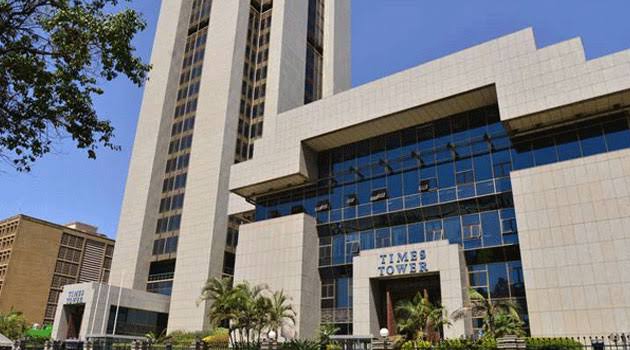Starting July 1, 2025, the Kenya Revenue Authority (KRA) will begin taxing imported used cars based on the actual purchase price plus shipping and insurance, rather than the fixed Current Retail Selling Price (CRSP) they’ve been using for years.
While the change is being packaged as a move towards fairness, a closer look shows it’s another way for KRA to tighten its grip on importers and extract more money under the guise of reform.
This isn’t about fairness, it’s about control, and it may end up hurting ordinary Kenyans more than it helps them.
The fixed CRSP system, flawed as it was, at least gave importers a predictable basis to calculate their taxes.
Now KRA is shifting to a subjective system that depends on invoices and receipts. But in typical KRA fashion, they’ve retained the power to reject your invoice if they “suspect” it’s too low.
That means even if a buyer finds a good deal, KRA can throw out the declared value and slap on whatever price they think is more appropriate probably from their inflated CRSP list anyway. This isn’t transparency. It’s creating confusion and giving the taxman too much room to abuse discretion.
Recent reports from sites like Tuko.co.ke and Kenyans.co.ke highlight this manipulation clearly.
The updated CRSP prices are through the roof. A used Toyota Vitz is listed at over Ksh3.4 million, and a Toyota Premio is over Ksh4.3 million.
These prices do not reflect the real market, especially for used cars. KRA’s so-called reforms are just a fresh coat of paint over an old scheme to overcharge importers and punish car buyers with ridiculous valuations.
While KRA claims the new system helps those buying cheaper vehicles, the evidence shows that the tax burden could increase for many. If your shipping or insurance costs are high, too bad you pay more. And if KRA decides your documents are suspicious, they will override them and impose their own numbers.
This raises serious concerns of corruption, especially since some importers allege that KRA works with a few favored players like CFAO Motors to enforce inflated CRSP values across the board.
Worse still, lower-income car buyers might suffer the most. These are the Kenyans who save for years to afford a small imported car, only to be ambushed by hidden charges and arbitrary valuations.
On social media, users like AlyceNene and WashiraX have already raised the alarm, calling out the double standards where ordinary citizens are scrutinized while politicians and well-connected businesses continue to import luxury vehicles without facing similar hurdles.
The CRSP list was quietly updated without enough public engagement, and despite public claims of stakeholder consultation, many dealers say they were left in the dark.
A Business Daily article even pointed out the growing frustration among importers who feel they’re being used as cash cows. KRA’s new system, far from fixing the old problems, just makes the tax process more complicated, more expensive, and more prone to abuse.
If KRA really wanted to reform the system, it would have eliminated arbitrary CRSP overrides completely. Instead, they’ve kept the door wide open to manipulate prices and enforce tax collections based on suspicion, not evidence.
This is not how a fair tax agency operates. Kenyans deserve a system that is predictable, transparent, and based on real market data not a moving target controlled by a few behind closed doors.
Buyers and importers must prepare for possible confrontations with KRA officers over valuation disputes. And unless something changes, it’s the ordinary Kenyan who will once again foot the bill for a bloated, unaccountable institution that seems more focused on squeezing than serving.



